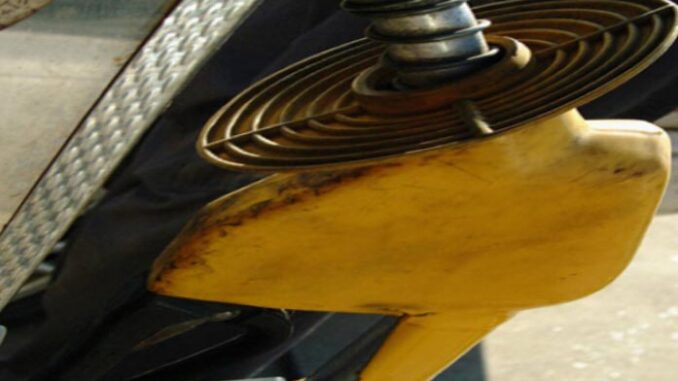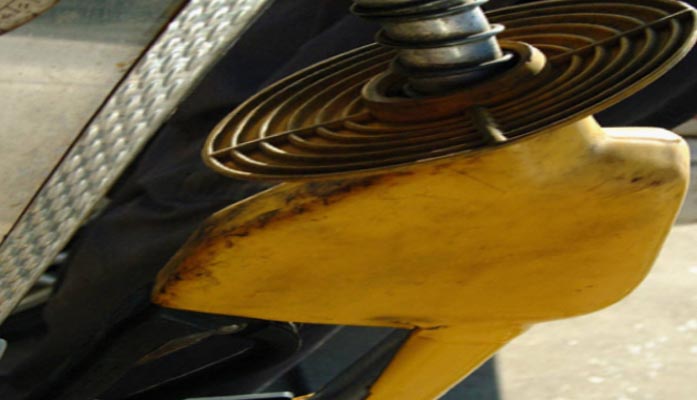
The Democratic governor of Arizona, Republican governor of Nevada, Chevron, and California Republicans are ringing the alarm on California Gov. Gavin Newsom’s steadily advancing refinery regulations, saying they’ll reduce energy supplies and raise prices.
Newsom called a special legislative session to require refineries to maintain more than two weeks’ worth of inventory, and give the state authority over when they are allowed to shut down for repairs. With California refining capacity declining faster than demand for gasoline, the state’s remaining, aging refineries — which supply Nevada and Arizona as well — constantly operate at full capacity, making frequent repairs and maintenance both necessary and disruptive.
“On top of that we have the CARB rules coming in that are not going to allow as many ships in ports. Prices are going to go up,” State Sen Brian Dahle, R-Bieber, one of the two Republicans on the special Senate Committee on Fuel Supply and Price Spikes, to The Center Square. “We do not have enough refineries as it is in California because they’ve left due to regulations. Can you imagine trying to get a storage facility built in California any time soon?”
Last month, the governors of Arizona and Nevada signed a bipartisan letter warning about Newsom’s proposal.
“It is evident that increased regulatory burdens on refiners and forced supply shortages will result in higher costs for consumers in all of our states,” wrote Arizona Gov. Katie Hobbs and Nevada Gov. Joe Lombardo in their letter to Newsom. “With both of our states reliant on California pipelines for significant amounts of our fuel, these looming cost increases and supply shortages are of tremendous concern to Arizona and Nevada.”
Their letter cited Newsom’s own California Energy Commission stating that the proposal “may artificially create shortages in downstream markets” and raise prices for Arizonans and Nevadans. The CEC also recently said it has found no evidence of price gouging by refiners.
Chevron says building the storage tanks would take ten years and cost $35 million each, a cost that will be passed on to consumers. Yesterday, Chevron issued a letter to state legislators again warning of likely negative consequences to the bill, and of combined downstream consequences of other new state policies limiting shipping into the state.
“We contend that enforcing a mandatory minimum inventory requirement will likely result in two negative outcomes: an increased frequency and duration of supply shortages, and a permanent rise in gasoline prices for consumers,” wrote Chevron. “Both risks extend beyond California, which should create the need for the legislature to proceed with caution, as policies that raise prices for the state could also affect neighbors in Arizona and Nevada.”
“Marine traffic and capacity face significant limitations currently and will encounter even more in the future. due to Jones Act Tonnage available,” continued Chevron in its letter supplement. “Policy that reduces in-state crude production will impact refiners marine capacity.”
As California fossil fuel production declines, more refinery capacity must be served by marine shipborne imports, as California is a so-called “energy island.” California’s ports regularly rank extremely poorly, with the ports Long Beach and Los Angeles ranked as the worst in the world in 2021 by the World Bank and S&P’s annual Container Port Performance Index.
The bill passed the State Assembly, then the Senate Committees. It now goes to the full Senate later this week for a floor vote.

